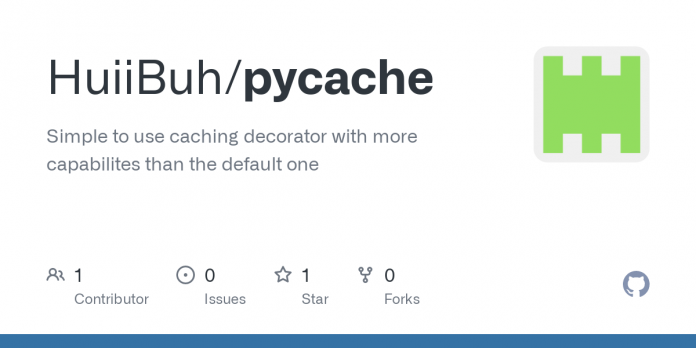Might it be said that you are interested to realize what is pycache? You have come to the perfect location as I will enlighten you everything regarding pycache in an extremely straightforward clarification. Minus any additional conversation we should start to realize what is pycache?
What Is Pycache?
Pycache, short for Python reserve, is an index made by the Python translator to store ordered bytecode records. At the point when you run a Python content or import a module, the Python mediator makes an interpretation of the source code into bytecode, which is a lower-level portrayal that can be executed all the more effectively. The bytecode is then put away in the pycache organizer for sometime later.
Motivation behind Pycache:
The basic role of Pycache is to further develop the execution of Python code. By putting away precompiled bytecode, ensuing executions of a similar code can skirt the step of recompiling the source code into bytecode. All things being equal, the translator straightforwardly utilizes the bytecode put away in the pycache, bringing about quicker program execution.
Capability Of Pycache:
Bytecode Gathering: When Python experiences a module or content interestingly, it incorporates the source code into bytecode. The ordered bytecode is then put away in the pycache envelope with a “.pyc” record expansion. This interaction assists save with timing by staying away from dull gathering for ensuing executions.
Timestamp Approval: At whatever point Python executes a module or content, it checks the timestamp of the comparing “.py” record against the “.pyc” document in the pycache. Assuming the source code document has been changed since the bytecode was last accumulated, the mediator recompiles the code to refresh the bytecode.
Further developed Execution: By utilizing precompiled bytecode from the pycache, Python programs execute quicker contrasted with deciphering the source code straightforwardly. The bytecode is improved for execution, making it more proficient and lessening the above of gathering.
Advantages Of Pycache:
Quicker Program Startup: With pycache, ensuing executions of Python code start quicker in light of the fact that the bytecode is promptly accessible. The translator can skirt the accumulation step and straightforwardly load the bytecode, bringing about diminished startup time.
Further developed Execution Speed: By utilizing precompiled bytecode, Python programs experience further developed execution speed. The translator can execute bytecode more productively than deciphering the source code, prompting quicker program execution.
Source Code Security: The pycache records just hold back bytecode and not the first source code. This gives a specific degree of insurance for your Python code as not promptly open to others might approach your venture index.
Working With Pycache:
Programmed Creation: Pycache catalogs and bytecode records are consequently produced by the Python translator when modules or contents are executed or imported.
Form Similarity: Pycache records are attached to the particular variant of Python used to create them. Hence, in the event that you change to an alternate Python form, it is prescribed to erase the pycache documents to keep away from potential similarity issues.
Cleaning Pycache: To clear the pycache records, you can physically erase the “pycache” catalogs or use instruments like “pyclean” given by Python itself.
End:
Pycache assumes a vital part in enhancing the execution of Python code. By putting away precompiled bytecode, it takes into account quicker program startup and further developed execution speed. Understanding pycache and its advantages can assist you with valuing its job in Python programming and capitalize on its benefits. Embrace the productivity gave by pycache and appreciate quicker and smoother Python code execution.
